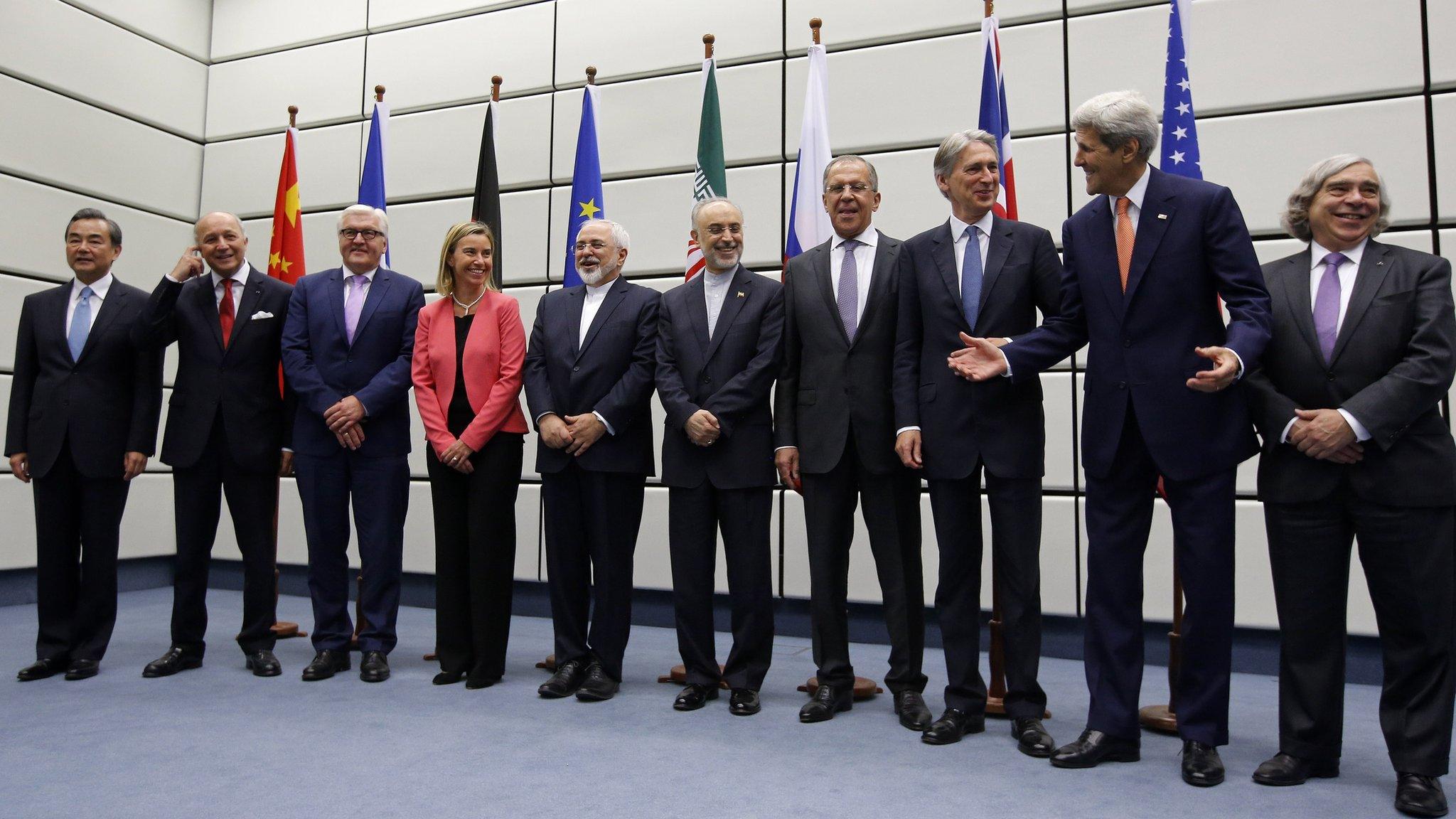Iran's President Rouhani seeks Iraqi help to mitigate US sanctions
- Published
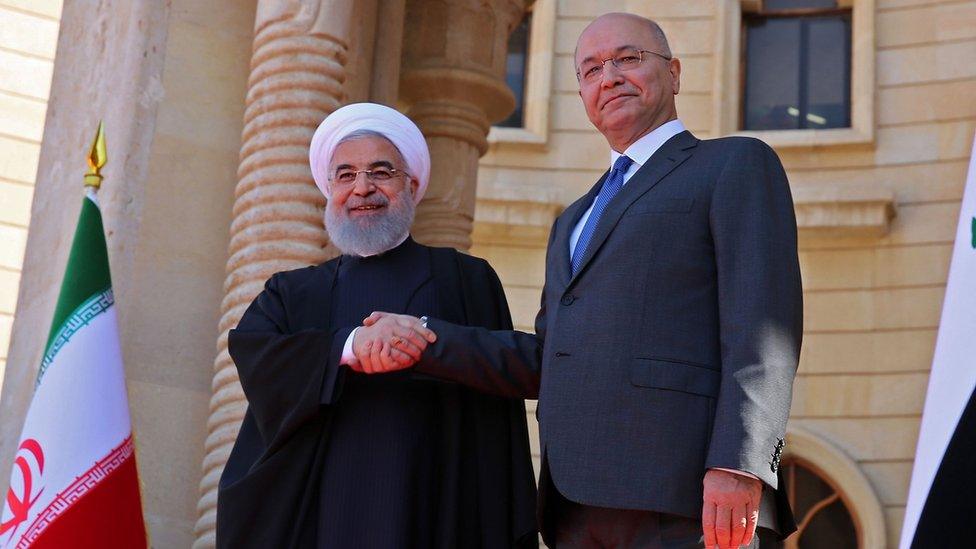
Iranian President Hassan Rouhani (L) was welcomed by his Iraqi counterpart, Barham Saleh
Iran's President Hassan Rouhani has begun his first official visit to Iraq since taking office five years ago.
After meeting his Iraqi counterpart, Mr Rouhani said he wanted deeper political and economic ties between their states, which fought a bloody war in the 1980s.
He noted that Iran had come to Iraq's aid in recent years when it was threatened by the Islamic State group.
Iranian officials see Iraq as a way to mitigate the US sanctions reinstated by President Donald Trump last year.
Mr Trump's decision, made after he abandoned a 2015 nuclear deal, has led to a sharp downturn in Iran's economy, pushing the value of its currency to record lows, quadrupling its annual inflation rate, and driving away foreign investors.
What has Iran's president said?
Mr Rouhani began his three-day visit to Iraq with a visit to the shrine of Shia Muslim Imam Moussa al-Kadhim in northern Baghdad. He was then greeted by his Iraqi counterpart, Barham Saleh, at the presidential palace.
At a joint news conference, Mr Rouhani said: "We want to forge very close relations with Iraq. We do not seek to be allied against others, but rather seek to invite other regional states to our alliance as well."
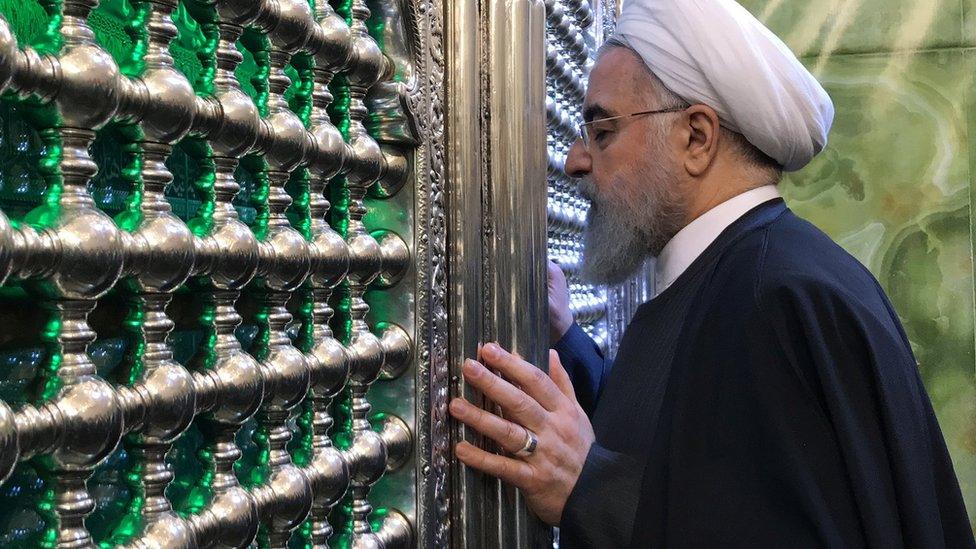
Mr Rouhani visited the shrine of Imam Moussa al-Kadhim in Baghdad
He pointed out that Iran had stood by Iraq in "difficult" times - a reference to its training and arming of thousands of Iraqi Shia paramilitary fighters who have helped drive Islamic State (IS) militants out of the large parts of Iraq they seized in 2014.
Mr Saleh said he agreed with the "necessity of enhancing trade" and "setting up related economic infrastructure between our countries and peoples".
Iran's president later held talks with Prime Minister Adel Abdul Mahdi, whose governing coalition includes Shia parties with deep links to Tehran.
Before leaving Tehran, Mr Rouhani said Iraq's ties with Iran could not be compared to its links with an "occupying country" like the US that was "hated in the region".
The US, which invaded Iraq in 2003 to overthrow President Saddam Hussein, has sent thousands of troops to the country to advise and assist security personnel battling IS. But it and Iran back opposing sides of the conflicts in Syria and Yemen.
How much trade already takes place?
A senior Iranian official accompanying the president told Reuters news agency that Iraq was "another channel for Iran to bypass America's unjust sanctions" and that his trip to Baghdad would "provide opportunities for Iran's economy".
Economic ties between the neighbours are already extensive.
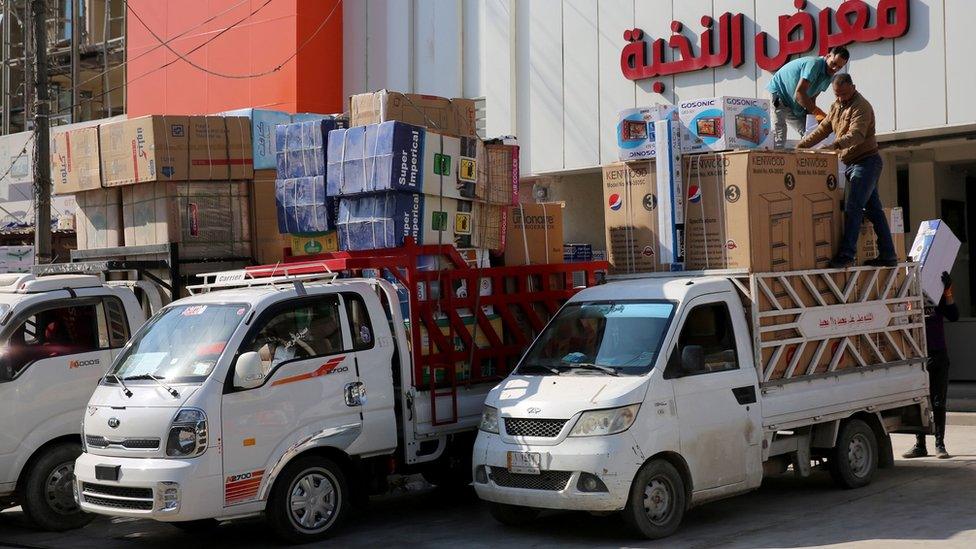
Household appliances and air conditioners are major Iranian exports to Iraq
In the 12 months up to March 2018, Iraq imported about $6bn (£4.6bn) of goods from Iran, external, including food, agricultural products, household appliances, air conditioners and car parts. Iraq paid another $6bn to Iran for natural gas, petroleum products and electricity.
Mr Rouhani has said he wants to increase bilateral trade from $12bn to $20bn annually. However, Iraq has faced pressure from the US to stop doing business with Iran.
Iraq discontinued crude oil swaps with Iran in October and did not receive an exemption when a new wave of sanctions came into effect the following month. It was, though, reportedly granted a limited waiver to give it time to find alternative supplies of electricity, external.
Have Iran-Iraq ties always been good?
No. Under Saddam - who was a Sunni - Iraqi forces invaded Iran in 1980, sparking an eight-year war that left a million people dead and devastated both countries.
Bilateral relations only began to improve after Saddam was toppled and an Iraqi government led by Shia parties - many of them backed by Iran - came to power.
Iran later armed Shia militants who attacked US forces in Iraq to press them to withdraw and targeted Sunnis in a brutal sectarian conflict.
In last year's elections in Iraq, parties linked to Iran-backed paramilitary groups won the second largest number of seats in parliament. But the largest number went to a bloc led by the Shia cleric Moqtada al-Sadr, who opposes US and Iranian influence.
- Published31 January 2019
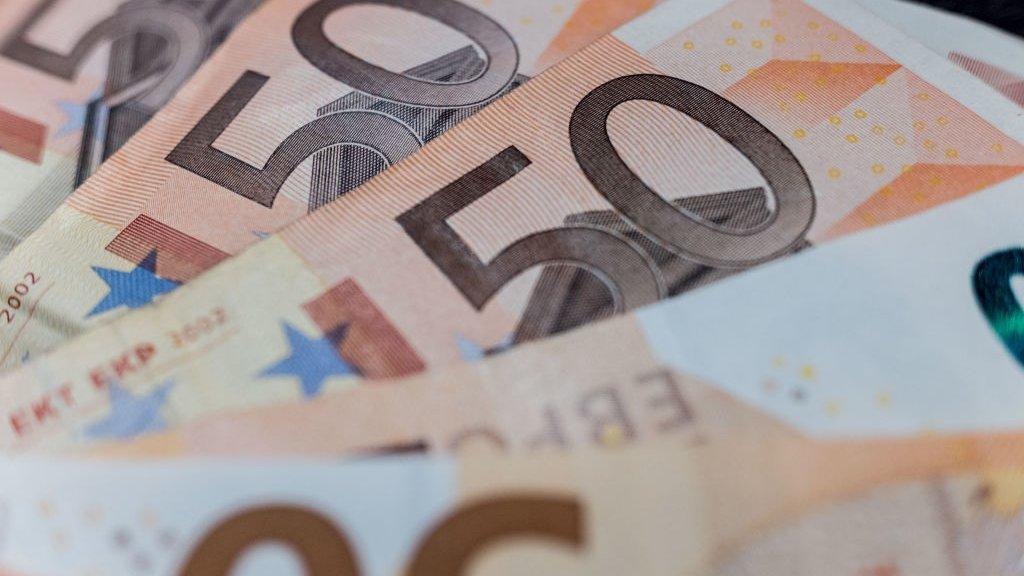
- Published5 November 2018
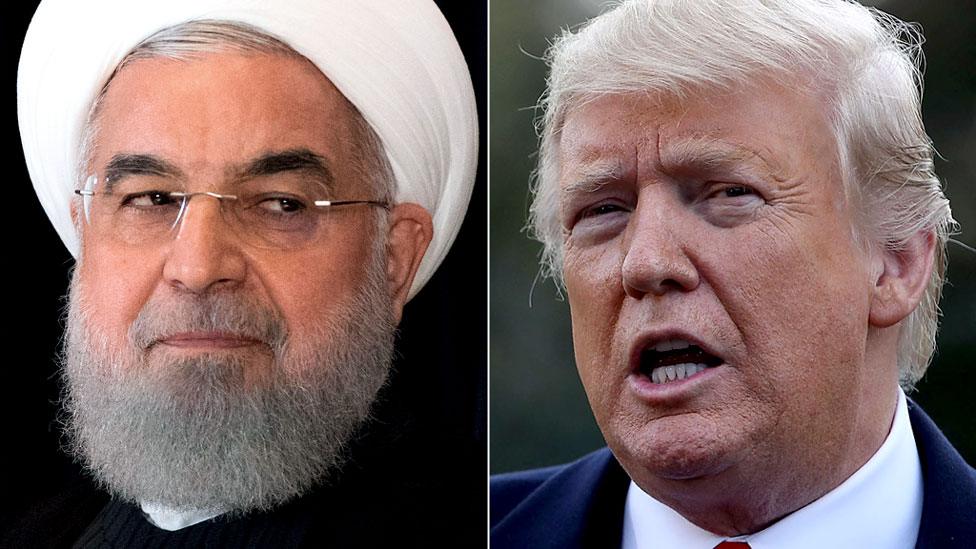
- Published5 November 2018
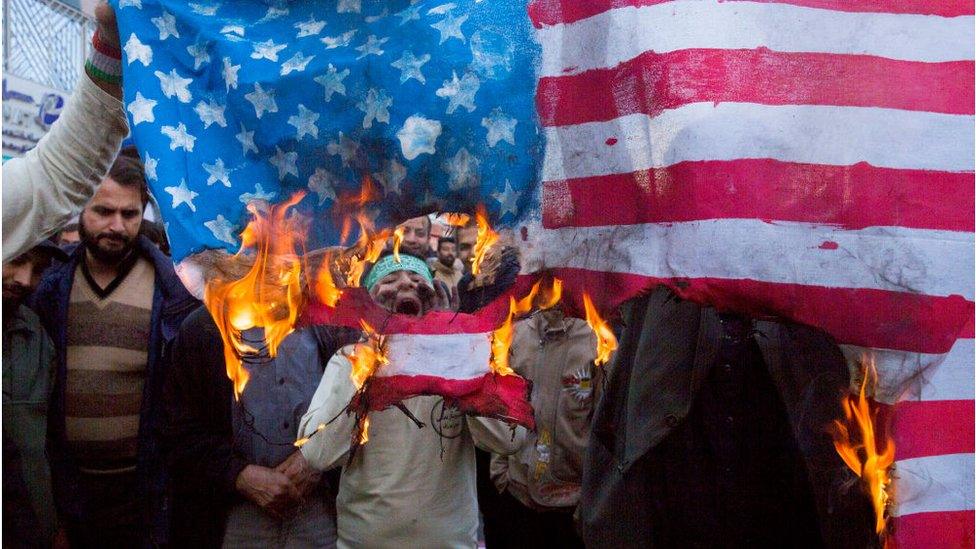
- Published5 November 2018
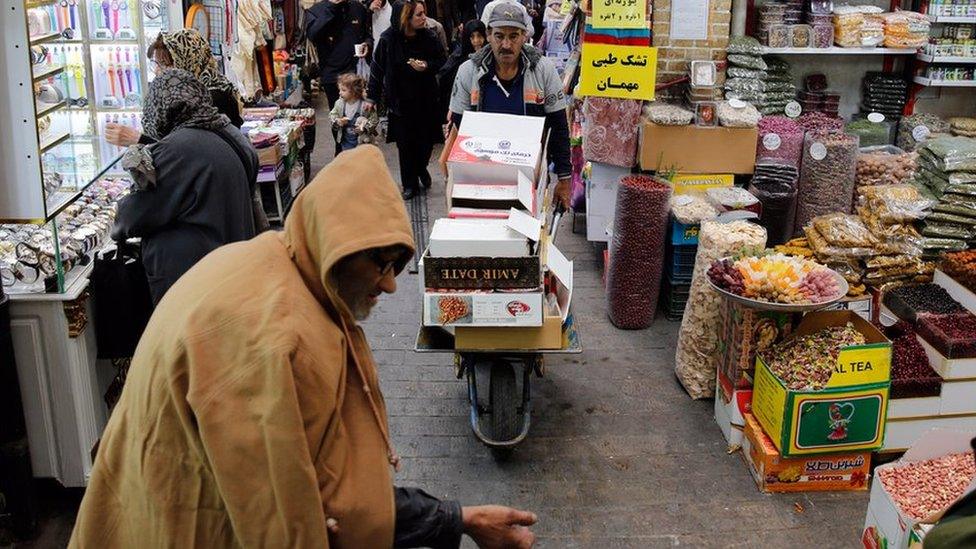
- Published6 September 2018

- Published7 August 2018
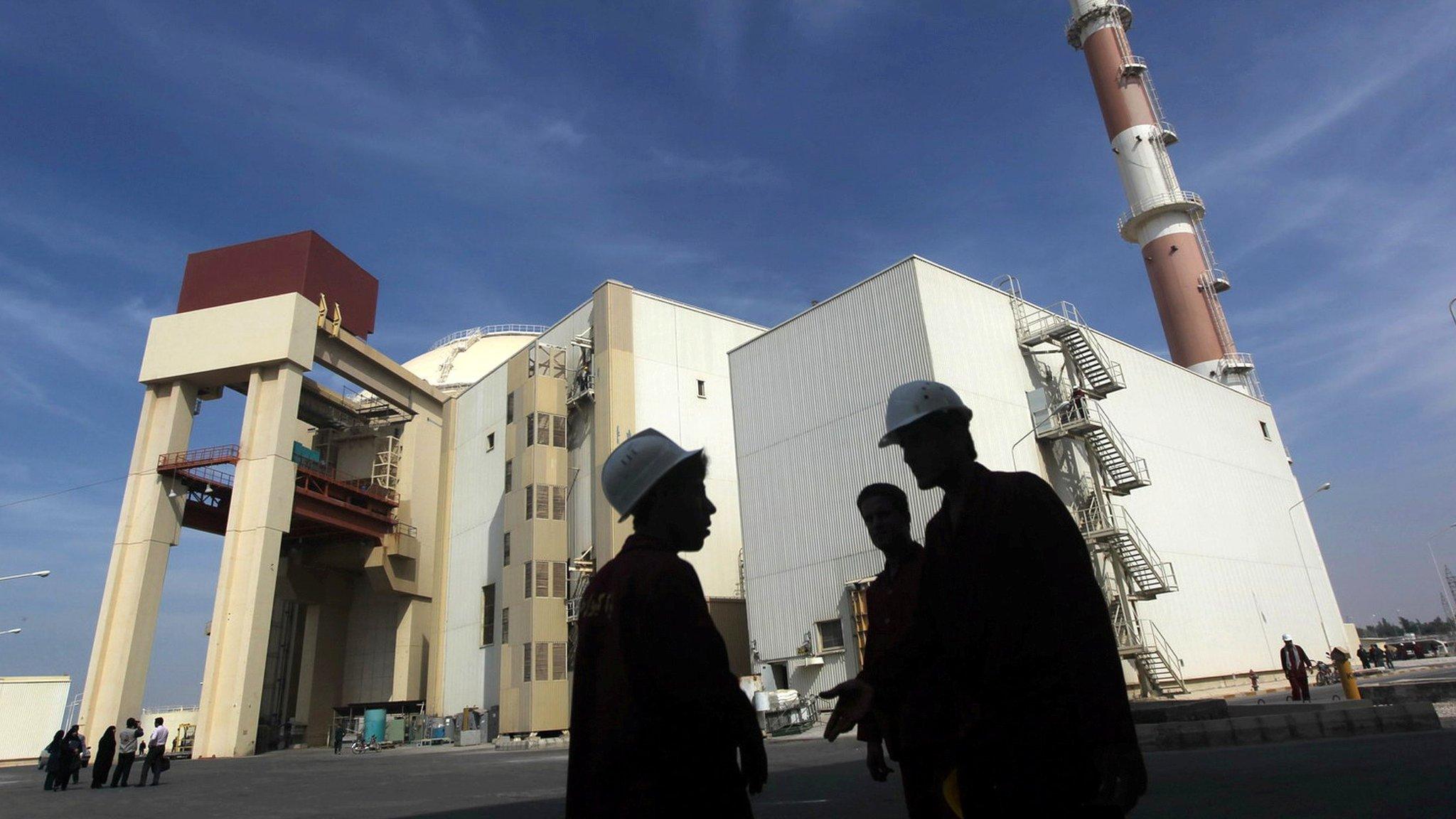
- Published6 August 2018
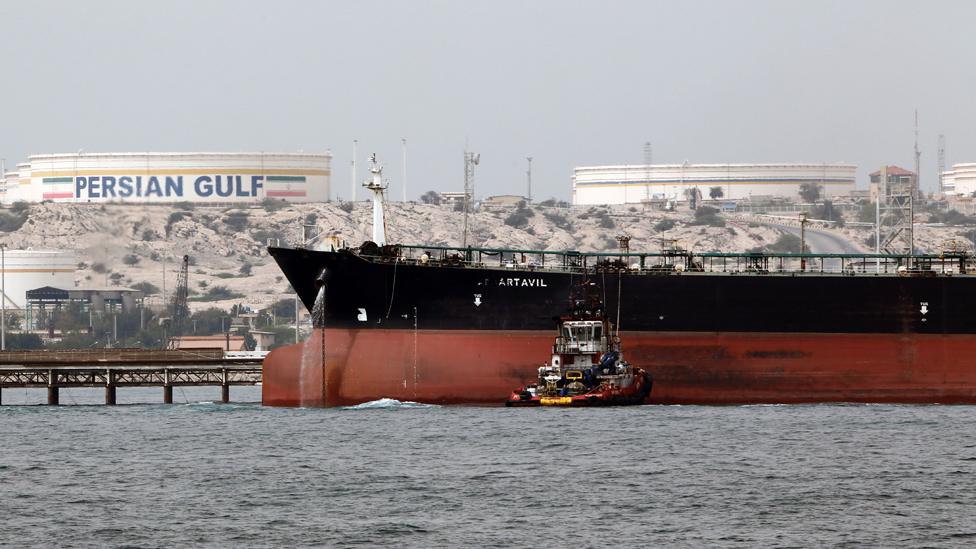
- Published23 November 2021
